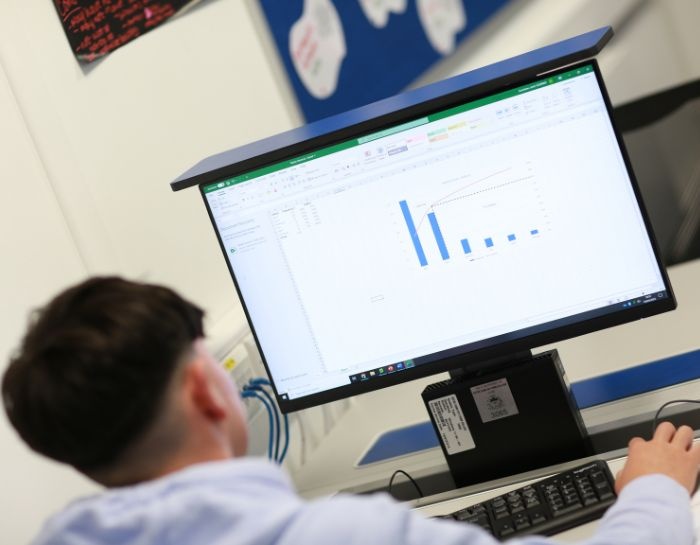
Did You Know?
At the start of 2024 there were estimated to be 5.5 million UK private sector businesses.
Key Information
Qualification
T Level
Duration
Two Year Course - Equivalent to three A-levels
Examination Board
City and Guilds
"I very much enjoy the Business T Level as the content is interesting and my teachers give us tasks to make the written work more understandable. I'm glad I chose the Business T Level as it is a good foundation for my future." - Clifford Appiah, Leeds City Academy
Key Employability Skills | ||
| Active Learning | Reliability | Effective Communication |
Qualification
T Level
Assessment
30% Exam, 20% Employer Set Project, 50% Occupational Specialism
Year 1
Core Component: two 2½ hour exams, one 25-hour Employer Set Project (each exam is weighted at 30% and the employer set project is weighted at 40% of the core component)
Year 2
Occupational specialism (Team leadership/Management): 32 hrs externally set assignment
Overall grade is a combination of the Core Component and Occupational Specialism grades
For more information visit the City & Guilds website here
What is a T Level?
Notre Dame was selected as one of the first providers of the new T Level qualifications. T Levels follow GCSEs and are equivalent to 3 A-levels. These 2-year courses have been developed in collaboration with employers and businesses so that the content meets the needs of the industry and prepares students for work.
What do I need to study this T Level?
You will need five GCSEs at grade 5 or above including GCSE English Language and GCSE Maths.
What will I study?
This T Level will allow you to develop your knowledge across topics such as finance, project and change management, business behaviours and issues relating to people in business. You will complete one occupational specialism relating to team leadership and management, which focuses on topics such as leading teams, building relationships with different stakeholders, and managing projects. As part of this course you will also complete an extended industry placement and an employer-set project, which requires you to demonstrate different skills, such as communication, teamwork, research and problem solving.
What next?
After gaining a T Level qualification you can progress to university or start your professional career.

 Website By Rejuvenate Digital
Website By Rejuvenate Digital